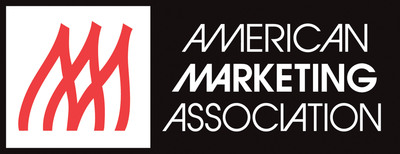CHICAGO, Aug. 29, 2014 /PRNewswire-USNewswire/ -- Consumers are using online search engines more than ever in order to find information on the Internet. When a user searches using a keyword, she typically sees a list of "organic" results, determined using the search engine's algorithms, and a list of "sponsored" results, paid for by advertisers. When presented with these two lists, how do consumers respond to both types of links? With search engine advertising accounting for nearly 15% of the total advertising market in the US, the answer to the above question is sought after by advertising firms as well as search engines.

In new research published in the American Marketing Association's Journal of Marketing Research, Kinshuk Jerath of Columbia University, Liye Ma of University of Maryland–College Park and Young-Hoon Park of Cornell University shed light on the above issue. Using a dataset obtained from a search engine, they analyze over 1.5 million user searches for more than a hundred keywords, and paint a picture of user click patterns on search engines.
The authors find that, at the aggregate level, consumers' click activity is quite low, often clicking only one link after a keyword search. Furthermore, click activity is concentrated on the organic list, which accounts for 95% of clicks.
Interestingly, however, there is significant variation in these metrics across keywords, driven by different underlying compositions of consumers searching different keywords. Specifically, the popularity of a keyword, i.e., how often it is searched relative to other keywords, is an important indicator of consumers' clicking tendencies—the less popular a keyword is, the more a consumer clicks after searching it, and the more likely those clicks are on sponsored links. This indicates that, as compared to more popular keywords, less popular keywords are searched by consumers who expend more effort in their search for information and are closer to a purchase, which makes them more targetable for sponsored search advertising.
The above empirical finding has important implications for resource allocation for search engine advertising. For instance, since lower-popularity keywords obtain a larger proportion of clicks on sponsored links than higher-popularity keywords, firms could get more efficiency from sponsored search advertising on lower-popularity keywords, and from search engine optimization on higher-popularity keywords.
About the AMA
About the American Marketing Association:
The American Marketing Association (AMA) is the leading professional association for individuals and organizations who are leading the practice, teaching, and development of marketing worldwide. Learn more at ama.org.
Contact: Christopher Bartone – 312.542.9029 – cbartone@ama.org
Logo - http://photos.prnewswire.com/prnh/20111102/DC96044LOGO
SOURCE American Marketing Association
